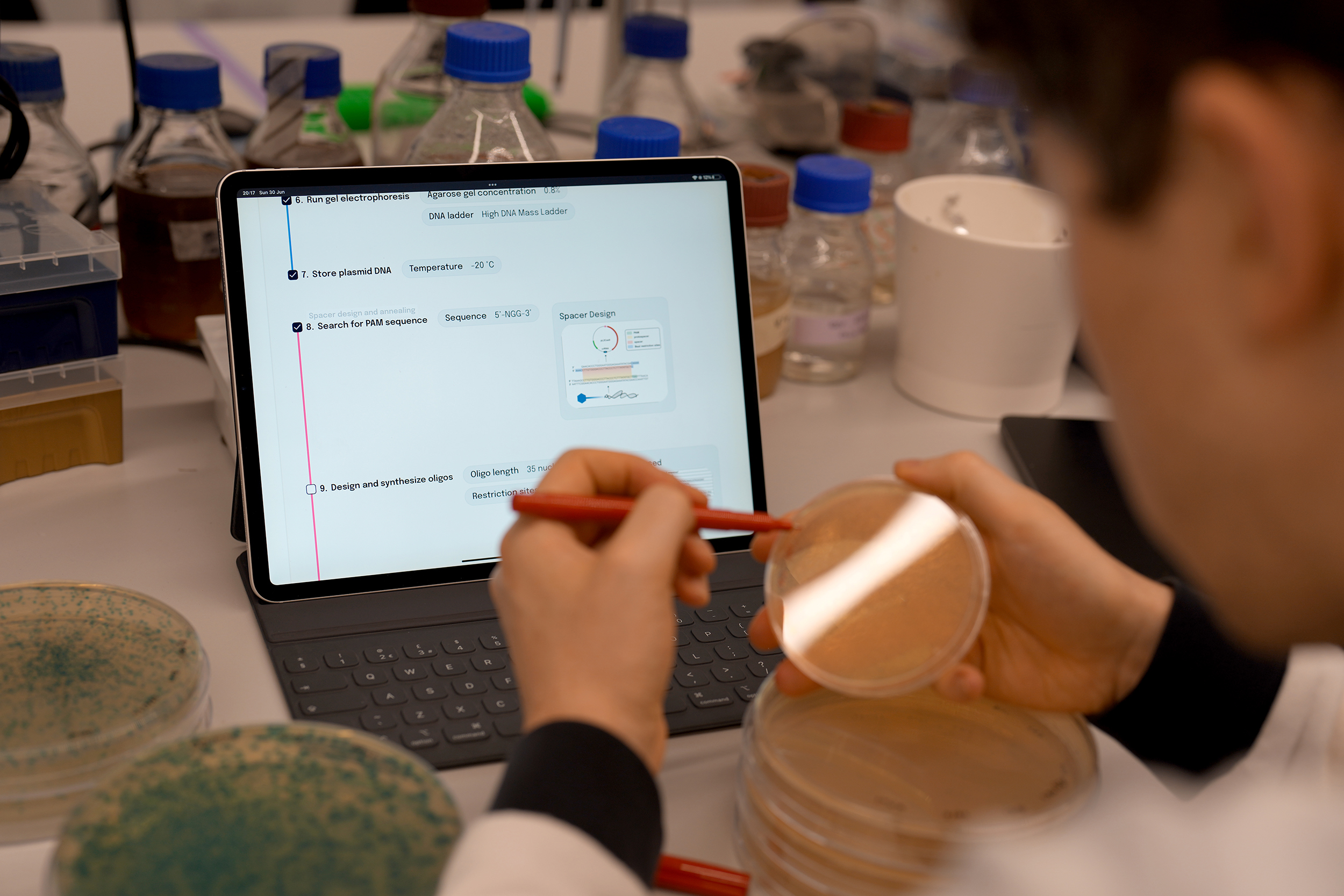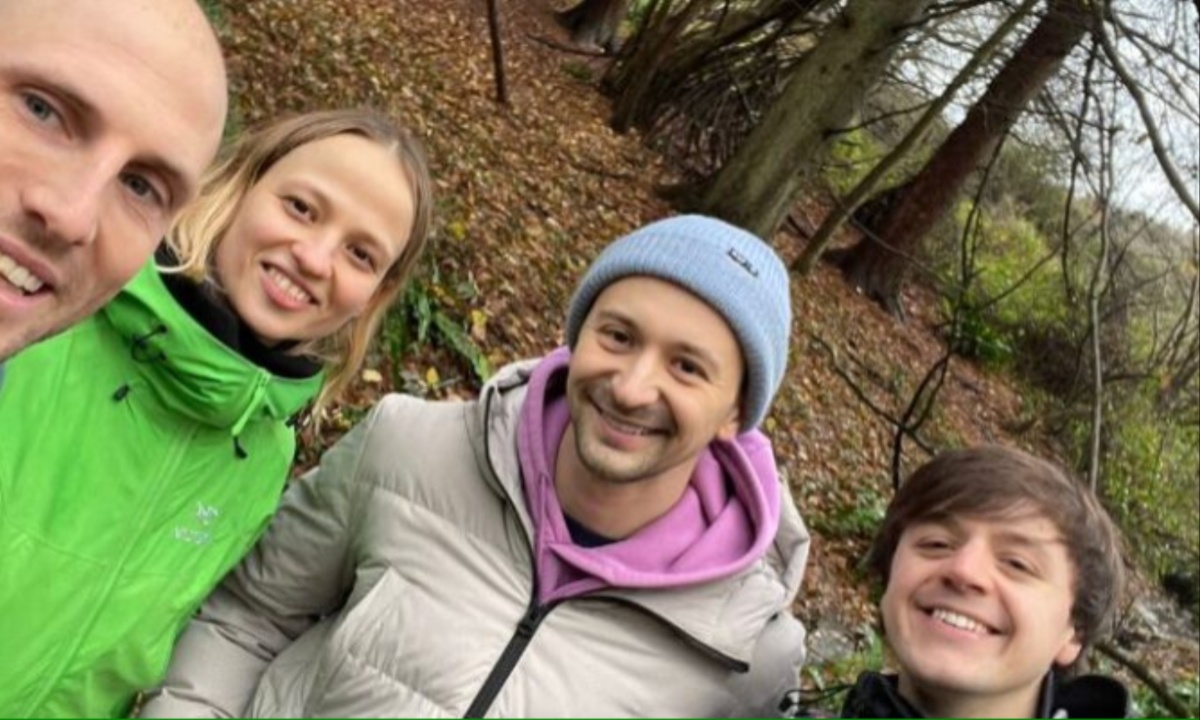Briefly Bio, a London-based startup, has recently secured $1.2 million in funding from Compound VC and other investors. The company aims to address the reproducibility crisis in scientific research by leveraging large language models (LLMs) to transform complex lab documentation into a structured format.
This platform is designed to facilitate easier sharing and replication of scientific experiments, akin to how GitHub facilitates collaboration among software engineers.
The reproducibility crisis in science stems from the difficulty in replicating experimental results due to inconsistent documentation practices among researchers. Briefly Bio’s solution involves converting natural language descriptions of scientific protocols into a hierarchical, structured format.
This approach not only standardizes documentation but also enhances the clarity and accessibility of experimental methods, crucial for effective collaboration and reproducibility.
Founded by Harry Rickerby, Katya Putintseva, and Staffan Piledahl, Briefly Bio targets wet lab scientists in academia, biotech, and pharma industries. The platform’s AI-driven capabilities include identifying errors and filling in missing parameters in experimental protocols, thus enriching the structured data representation for reuse in lab experiments.

London Startup Briefly Bio Secures $1.2M to Revolutionize Scientific Reproducibility
This AI copilot feature aims to streamline the experimental workflow and reduce ambiguities that hinder reproducibility.
The company has already begun generating revenue through a SaaS model, attracting early adopters keen on improving documentation and collaboration in their research endeavors. Looking ahead, Briefly Bio plans to develop a public version of its platform, akin to GitHub, where scientists can openly share and adapt reproducible methodologies.
This initiative aims to foster a community-driven approach to scientific research, enabling broader collaboration and innovation across disciplines.
By enhancing the transparency and clarity of scientific methods, Briefly Bio aims to mitigate the inefficiencies and costs associated with irreproducible research, estimated to exceed $50 billion annually. The platform not only addresses the immediate need for standardized documentation but also supports the evolution and adaptation of scientific methods over time, thereby promoting more robust and reliable scientific discoveries.









































